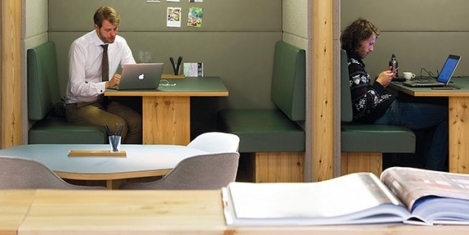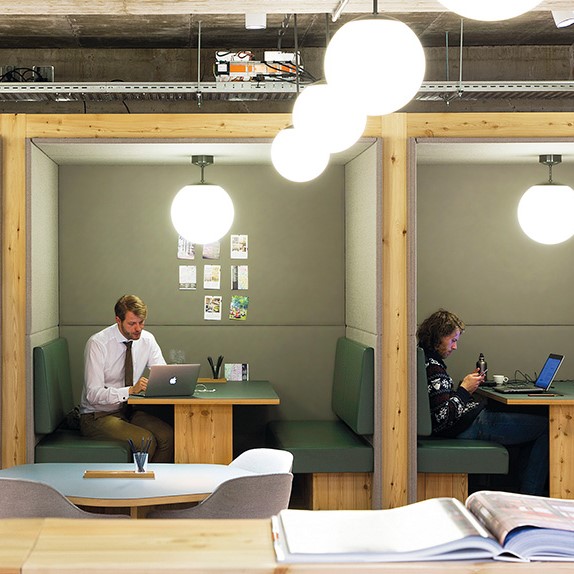March 4, 2014
Average UK working parents now spend more on childcare than mortgages
Last month we questioned the financial wisdom of going to work for Britain’s working parents. Today the question became even more vexed as it emerged they typically pay childcare costs equivalent to over a quarter of the UK average salary. A report from the Family and Childcare Trust says that to have one child in a part-time nursery and another in an after school club would cost £7,549 each year. Not only does this represent 28 percent of the average salary of £26,500 and is more than an average mortgage which is £7,207 per annum. For those with full time childcare the costs are typically £11,700 per year. The report also notes that childcare costs have increased by over a quarter over the last five years and even the Government’s ongoing commitment to childcare is failing to alleviate the situation.


































May 5, 2025
Office design and the office market are not what you might be led to believe
by Mark Eltringham • Comment, Workplace design